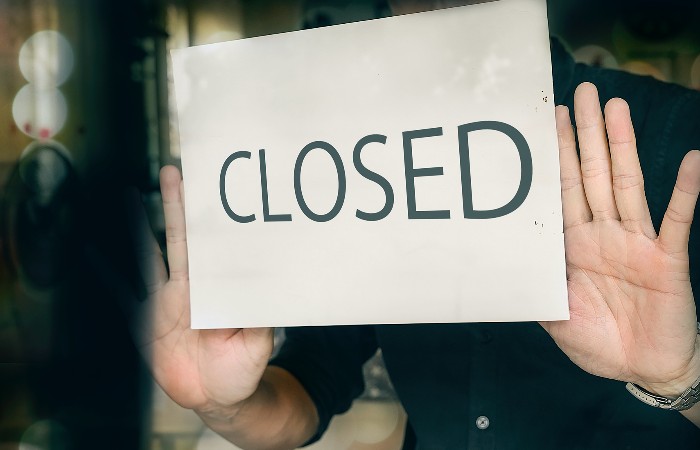Number of pharmacies in England will “slump” to lowest level in 20 years, warns NPA
In Business
Follow this topic
Bookmark
Record learning outcomes
The National Pharmacy Association has warned the number of pharmacies in England will “slump” to its lowest level for 20 years if Labour does not reverse the previous Government’s cuts to community pharmacy funding.
An analysis of pharmacies’ opening hours between 2015 and 2024 by the NPA found pharmacy numbers will fall from 10,054 to less than 10,000 by the end of next month if closures continue at the current rate of seven a week. That would see the pharmacy network dip below 10,000 practices for the first time since 2005 when there were 9,872 pharmacies.
The NPA said more than 1,500 pharmacies have closed since 2015 “due to the impact of 40 per cent cuts to community pharmacy budgets coupled with the soaring cost of medicine”.
It warned pharmacies’ workload has “drastically increased” over the last 20 years, with 56 per cent more prescriptions being dispensed than in 2006. The NPA said 63 per cent of pharmacies have reduced their opening hours since 2015 while just two and-a-half per cent have increased them.
Its analysis also revealed pharmacies were open for an average of 54.2 hours a week in 2015 compared with 48.1 hours this year and five per cent of pharmacies closed completely during the period.
Warning many pharmacies are “on the brink without urgent investment”, the NPA urged health secretary Wes Streeting to “urgently reverse” cuts to their funding. The NPA said many of its members “have had no choice but to reduce their hours in order to keep their doors open”, while two-thirds of pharmacies have cut their opening hours since 2015.
“(The year) 2005 saw the launch of YouTube, McFly making number one in the charts and George W Bush inaugurated for his second term as US president,” said NPA chief executive Paul Rees.
“Now is not the time to allow a vital part of NHS local services to decline to levels not seen since the dawn of social media. This is a vital opportunity to halt the closures and invest in community pharmacies, which provide prescriptions, clinical services and health support to neighbourhoods up and down the country.
“Preventing the ongoing collapse of community pharmacy will help to cut waiting times for GPs, provide better immediate care for patients and keep the front door to the NHS open.”

